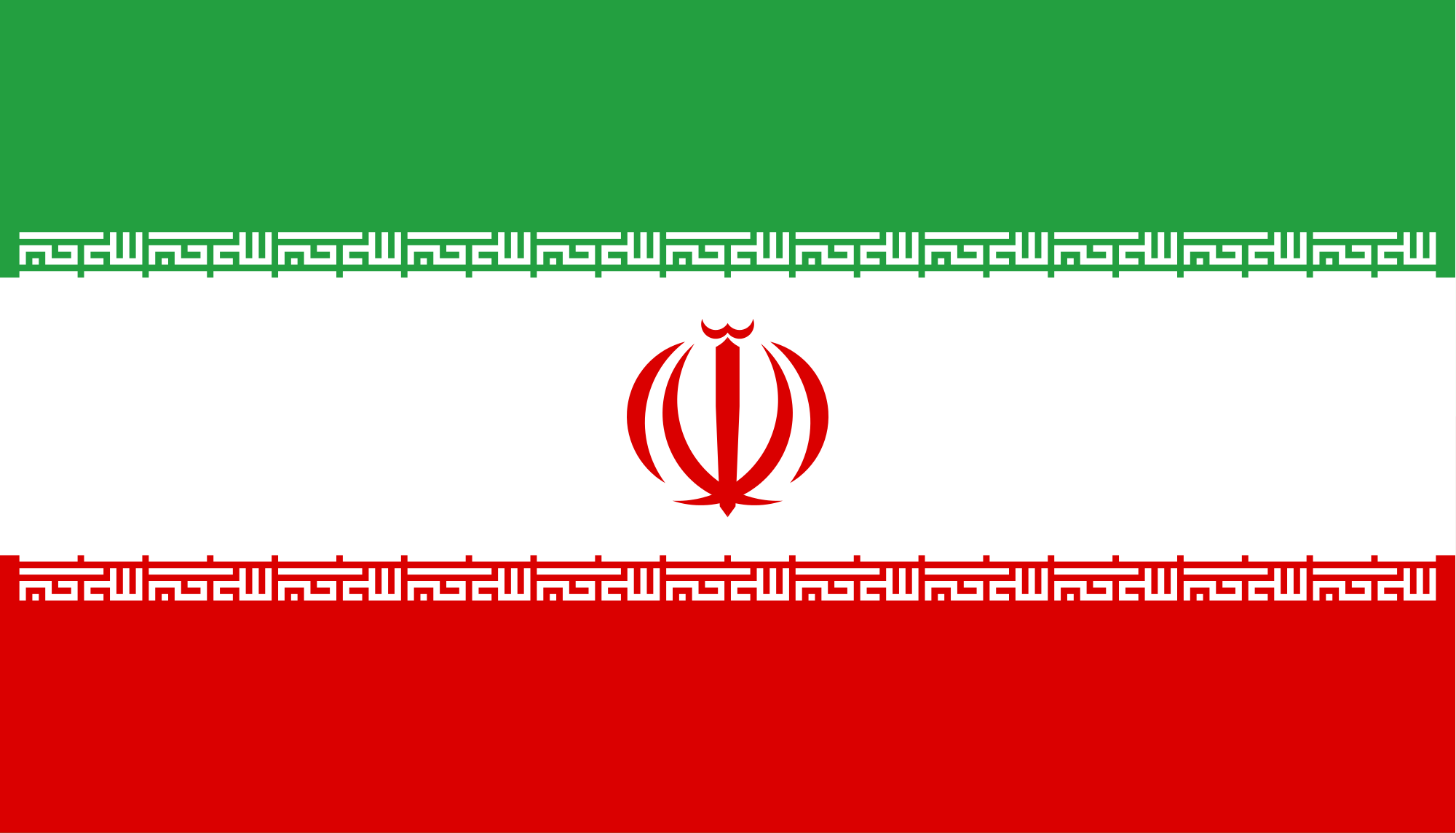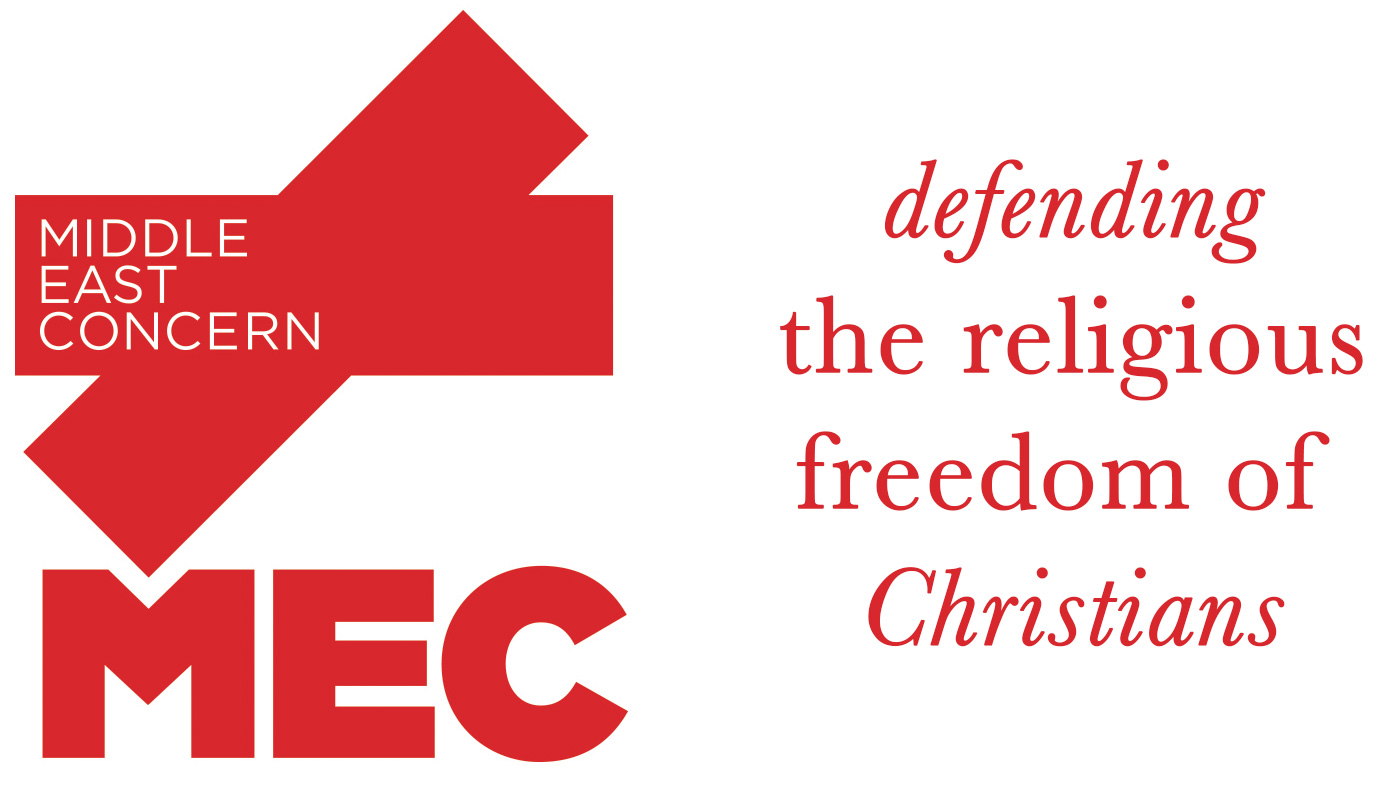
Iran’s population (2025) is more than 90 million, and while the Iranian government states that approximately 90 – 95 per cent is Shi’a Muslim, research indicates that the religious demography is more complex. For example, a 2020 survey of 50,000 Iranians showed that less than a third self-identified as Shi’a Muslim[1].
Indigenous Christian communities include ethnic Armenians and Assyrians, in total less than 120,000 according to a 2016 census. These communities preserve their own linguistic and cultural traditions. The other main category of Christians – Persian-speaking believers from Muslim backgrounds – does not have official status and is de facto excluded from congregating in existing churches for worship. The exact number of converts is unknown, but they unquestionably constitute the majority of Christians in Iran.
Iran’s constitution establishes the country as an unalterably Islamic State (Twelve Ja’fari school) and establishes Islamic law as the basis of all legislation. The constitution provides religious minority status to Christians, Jews and Zoroastrians, and states that the human rights of non-Muslims are to be respected providing they refrain from activities against Islam or the Islamic Republic of Iran. These three recognised religious minorities have parliamentary representation and are entitled to establish and use their own rites in matters of personal status. The principle of non-discrimination is affirmed, and Article 23 states that the “investigation of individuals’ beliefs is forbidden.” Although apostasy is not proscribed by the Penal Code (a proposed amendment to the Code to criminalise apostasy was not adopted in 2013 amendments), the Code makes provision for judges to rely on authoritative Islamic sources in matters not covered by the Code – effectively providing scope for Islamic law sanctions to be applied for apostasy (though there are no known examples of judicial executions being carried out on Christian converts for apostasy since 1990).
Iran ratified the International Covenant on Civil and Political Rights (ICCPR) without reservation on 24 June 1975. The ICCPR upholds the right to freedom of religion, including the right to hold a religion of one’s choice and the right to manifest that religion (Article 18). It also upholds the rights of minorities and the principle of non-discrimination.
Officially recognised churches have been subjected to restrictive controls and since 2011 have been effectively banned from using the Farsi language in their activities.This has led to the rapid creation and expansion of house churches among Farsi-speaking Christians.Political leaders, including the Supreme Leader, have issued warnings about the house church movement which they consider a threat to society. Christian converts, especially those active in evangelism or in the storage and distribution of Christian materials, are frequently arrested, interrogated and instructed to recant or sign a commitment to avoid Christian activities or else face prosecution. In recent years few Christian converts have been charged with apostasy, but they face charges that are typically political (e.g. propaganda against the Islamic Republic or acting against national security). In 2021 amendments to Articles 499 and 500 of the Islamic Penal Code impose prison sentences and fines for insulting “divine religions or Islamic schools of thought recognized under the Constitutions with the intent to cause violence or tensions in the society,” as well as penalizing those who conduct “any deviant educational or proselytizing activity that contradicts or interferes with the sacred law of Islam.” The political nature of the charges has facilitated the criminalisation of Christian activities and reflects the authorities’ preoccupation with maintaining political power and control. Many others within Iranian society, including other religious communities, face similar oppression. In addition to persecution from government sources, those who choose to leave Islam often face strong pressure from family and society. A combination of these factors accounts for the high emigration rate of Christians from Iran, whether from Muslim or indigenous Christian backgrounds.
[1] https://gamaan.org/wp-content/uploads/2020/09/GAMAAN-Iran-Religion-Survey-2020-English.pdf
